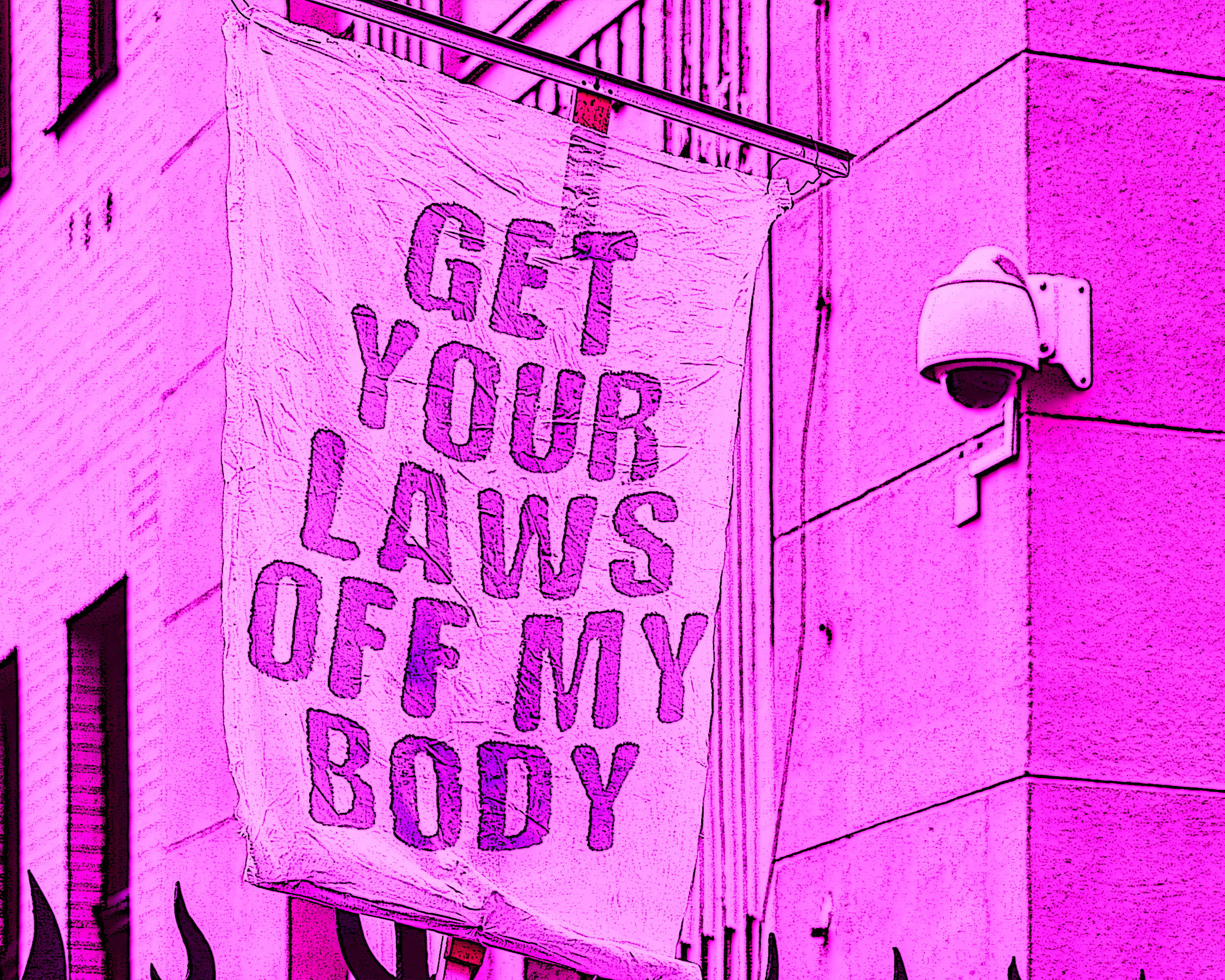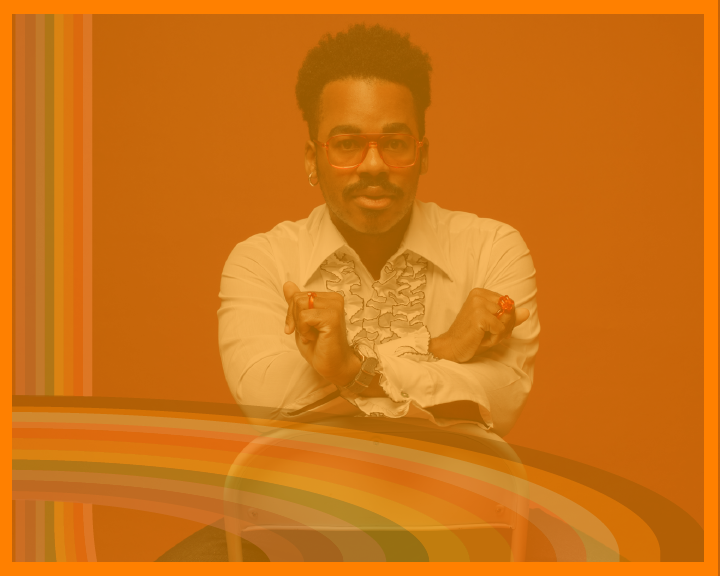Where is the Real Problem?
There is a term that has been able to transcend generations as a normalized colloquial term. I hear boomers like my mom, millennials like my friends, and zennials like my godchildren all using this familiar word. And although my generation, Gen X, coined the phrase, it has the innate ability to cross all barriers of age, race, religion, and socio-economic status in its legitimacy and accuracy. The term I am referring to is HATERS.
Haters are those individuals who predicate their happiness on highlighting the flaws and fallacies of other individuals. Haters are not happy unless they are pointing out where another has been less than or unequal to the standards set. And typically, those standards are set, if not strictly upheld by a certain culture which the afore mentioned haters are very much apart of and perpetuate. The problem is, haters do not realize that in their effort to isolate an issue they are, essentially, highlighting their own inadequacies in the process. Being a hater often shows just how blemished the narrowly focused lens of jealousy, ignorance, inaccuracy, and pettiness often is. In effect, being a hater can be classified as sinful because it causes one to draw attention away from the Creator and God’s beauty in creation to a place that allows envy and evil to usurp attention and prominence.
Haters are those individuals who predicate their happiness on highlighting the flaws and fallacies of other individuals.
The seventh chapter of Mark is a great example of what happens when a group of haters are confronted with this sin. This story paints the scene of the Pharisees, or religious folks, criticizing Jesus’ disciples because they have sat down to eat without washing their hands. Now before we get too deep in the queering of Mark and extensively into the heart of the text let me say that overall washing your hands before you eat is a good thing. A few years ago, a study was done in London that pointed out if everyone routinely washed their hands, one million deaths a year could be prevented. Furthermore, none of us has forgotten the need to adequately wash our hands and sanitize at every possible moment given the current pandemic we live in. Afterall hygiene is important and clearly can be lifesaving. If nothing else, COVID has taught us all this fact. However, that is not the issue.
The issue here is that the Pharisees are focused on a ritualistic cleansing before eating that the disciples did not engage in. This is critical because although God does instruct God’s people to cleanse their hands before consumption for obvious reasons, rabbinical tradition dictated a much more strenuous process that seemed to be ignored by the disciples. Thus, what is inferred is that if they didn’t wash hands the way the Pharisees dictated, then the disciples are somehow deemed defiled or unholy. The inability to adhere to ritualistic tradition above the essence of humanity is a treacherous and dangerous place of judgment. Sounds like a group of haters to me. In fact, sounds like a lot of church folks I know. The notion that if you exist in a space that is void of a particular traditional way of showing up in the world or doing a certain thing then there is something wrong with you and you are deemed “less than”. The HATER makes an accusatory ruling on the content of one’s character based on an outward practice or ritualistic portion of life and faith.
The HATER makes an accusatory ruling on the content of one’s character based on an outward practice or ritualistic portion of life and faith.
What is the crux of this text, however, is that the Pharisees are standing in a place of judgement based on the disciples’ in ability to abide by tradition and doctrine and thus complete their fault finding speculation by deeming them unholy. They judge them based on an outward practice. Yet, when Jesus is included in the narrative the lens of the accusation is not only shifted away from the disciples’ outward faults but toward the inward motivations of those pointing fingers. Jesus tells those who are seemingly the most faithful and religious folks that their hearts are far from the Divine and him. Jesus says to the Pharisees, as they “throw shade” on the disciples and act fully in their role as haters, that the real problem is not the lack of Dove, Purell, or Dawn at the table….its the dirty hearts of the ones with the cleanest hands. Jesus goes on to show them that they have given preference for their own teachings, rules, and traditions over the Divine and the people. They have allowed holding on to their own echo chamber of thoughts and beliefs to be elevated over their ability to show love, mercy, and care for God’s creation and adherence to God’s word. And by doings so, they not only disobeyed God but they themselves have become truly the ones who are deemed defiled.
Jesus says to the Pharisees, as they “throw shade” on the disciples and act fully in their role as haters, that the real problem is not the lack of Dove, Purell, or Dawn at the table….its the dirty hearts of the ones with the cleanest hands.
Now before we all rush to judgement of the Pharisees, let us honestly confess that this type of exclusionary thinking still exists within the church today. Many of us who are within the LGBTQIA+/queer community are often seen as defiled, unclean, sinful, or ungodly because of who we are and the fact that our existence is the antithesis of many conservative and traditionalist dogmas within Christianity. Furthermore, this story and Jesus’ own words are often misinterpreted to identify the sexual immoral sins of rape and molestation mentioned in verse twenty-one to mean homosexual or queer sexual engagement. However, a properly translated and interpreted reading of the text discredits such anarchy in a very decisive way. Nonetheless, those among us who see themselves as God’s personal staff of morality police and doctrine detectives use this text in a way that it was never intended.
Many of us who are within the LGBTQIA+/queer community are often seen as defiled, unclean, sinful, or ungodly because of who we are and the fact that our existence is the antithesis of many conservative and traditionalist dogmas within Christianity.
The heart of this narrative is very clearly articulated by Jesus both in public to the Pharisees and in a deeper private conversation with the disciples. God’s concern over humanity is not insignificant trappings of the mundane of life that keep us pitted against one another. I truly believe God could care less about the socialized gender or sex of a potential life partner more than God cares about the heart and intentions of the suitor. The point here is God is deeply invested in the personhood that is defined by what is in your heart. Jesus explicitly says it is what flows out of you, meaning out of your heart, that matters. It is the core of your being that determines if you are truly defiled. Does your character reflect a heart that is yielded to the Divine, open to love, free of judgment, and quick to rush to that which is just or are you more consumed with the endeavors of being a hater and seeking to devolve every perceived intolerable behavior of those around you. It is far too easy to fall into the superficial trappings of what attracts the finger of judgement and if it does or does not follow established patterns of what is deemed right or good. It takes much more effort to yield yourself to show the same reciprocal love, care, and openness that God shows you on a daily. And the reward for doing so is far greater to do so…..
The point here is God is deeply invested in the personhood that is defined by what is in your heart.
Be warned, if your faith and adherence to said faith makes you uncaring, ungiving, unloving or ungodly then you have missed the point of being in relationship with God and in community with God’s creation. Nothing about connection to Jesus and relationship with God is exclusionary based on ritualistic practices and obedience to traditional dogma. On the contrary, the experience of the freedom we have in Christ Jesus propels the heart of a believer to a place of openness and inclusion. Being a follower of Jesus has never truly led anyone to be a hater. It has truly compelled all who believe to be lovers…lovers of God, lovers of justice, lovers of one another, and lovers of creation. For this is what it truly means to be a Christian and believe…
Rev. Shanea D. Leonard, B.A., M.Div. is a pastor, teacher, consultant, community activist, and 21st Century abolitionist. Shanea has been a minister of Word & Sacrament for over thirteen years in the Presbyterian Church (USA). They currently carry out their justice mandate as the Coordinator for Gender & Racial Justice for the Presbyterian Church (USA) national office. In their PC(USA) role, Rev. Leonard is working to dismantle racism, homophobia, transphobia, white supremacy, and various forms of discrimination by helping to move the denomination into a more inclusive and intersectional reality. A native of Philadelphia, they received their B.A. from the University of Pittsburgh and M.Div. from Pittsburgh Theological Seminary with a concentration in Urban Ministry. They have been serving communities and congregations in various capacities for over sixteen years. Shanea was founder and organizing pastor of JUDAH Fellowship, western Pennsylvania region’s only predominantly Black affirming faith community and has served many years as a leading faith and justice voice in that region. Shanea has served several organizational boards and received numerous awards for their work around the eradication of racism and bigotry with the intersections of faith and justice. Shanea is an often sought-after workshop leader, keynote, consultant, and writer. Pastor Leonard has done extensive work within an urban context to eradicate systemic oppression in the areas of race, gender, sexual orientation, and socio-economic despair. After relocating to Louisville, Kentucky Rev. Leonard has continued their modern-day abolitionist work in connection to the Black Lives Matter movement and with the Tiger’s Eye Collective. Shanea believes that God has given them a burden for people whom others have disregarded, oppressed, forgotten, or simply do not even see. They live their life by Micah 6:8 and the mantra of Assata Shakur which sates, “…it is our duty to fight for our freedom. It is our duty to win. We must love one and protect one another. We have nothing to lose but our chains!”



Unbound Social